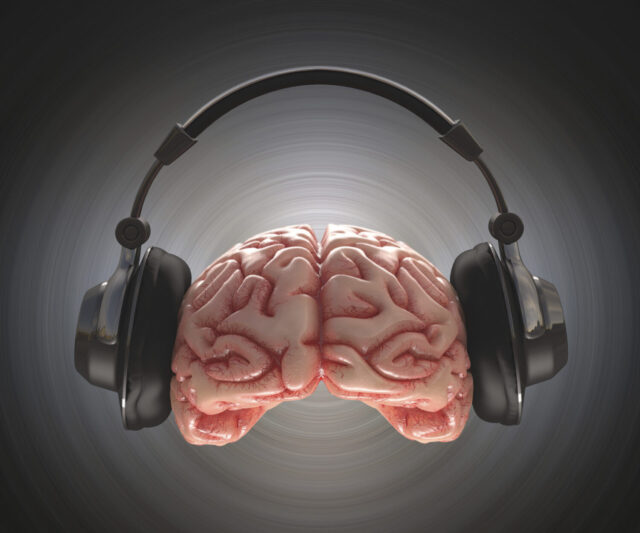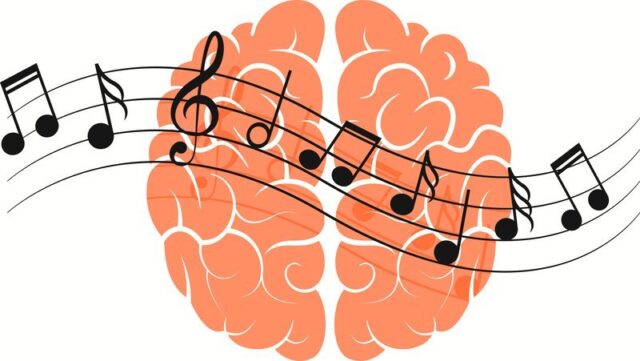
Music is an incredibly powerful art used for centuries to communicate, express emotion and influence our behavior. But how does it work? Recent evidence suggests that music affects the brain in several ways, from improving cognitive performance to controlling moods and regulating emotions. Benjy Grinberg explores the science behind how music can have such widespread effects on us as human beings. By digging deep into the science, Grinberg reveals how music can affect our brains and emotions in various ways.
How Music Affects Our Brain And Emotions
The power of music has long intrigued scientists and music enthusiasts alike. Recent studies suggest that music can profoundly affect our brains and emotions, creating a strong connection between the sounds we hear and our mood. Our brains process music like it processes language, with specific patterns and rhythms activating different brain areas. It can lead to diverse effects, including relaxation, arousal, and increased focus.
Additionally, music can trigger memories and emotions, leading to a powerful and often immediate response. It’s no surprise that music has been used for centuries in therapy, and its power remains relevant today. As we continue to study the link between music and the brain, it’s clear that music can move us beyond what we may have previously imagined.
Examining How Different Genres Affect Us

Studies have shown that music has a profound impact on our emotions and behavior, but did you know that different genres of music can elicit vastly different responses from us? According to research, listening to fast-paced, upbeat music like pop and rock can increase our heart rate and energy levels, while slow, calming music like classical and jazz can have a calming effect on the mind and body.
Similarly, the lyrics and themes of specific genres, such as country and hip-hop, can affect our attitudes and beliefs toward social issues. Songs that promote positive messages can increase our overall well-being, while lyrics with negative connotations can have the opposite effect. These differences in how genres of music affect us further demonstrate the power and influence that music have on our lives.
Impacts Of Sound Frequency
Humans experience sound daily, whether it’s the rustle of leaves or the refrigerator’s hum. But did you know that the frequency of sound can also affect our brains and emotions? Scientists have found that specific frequencies, such as binaural beats and isochronic tones, can alter brain activity, leading to various effects ranging from relaxation to increased focus.
By manipulating these frequencies, musicians can create unique compositions with targeted effects on the brain. It opens the door to exciting possibilities for artists and music therapists alike, providing a powerful tool to help their audience cope with stress and anxiety better. Sound frequency also has potential applications in the medical field, with some researchers exploring its use for treating chronic pain and other neurological conditions.
The Power Of Rhythm

Our brains have an innate ability to recognize and process rhythm, which is why it’s such a powerful tool for interacting with the world around us. Research has revealed that certain rhythms can boost focus and concentration, while others can help reduce stress. Music therapists often use rhythm as a means of helping their clients cope with anxiety or depression.
Artists can create musical compositions that evoke powerful emotional responses by combining rhythm with other elements, like sound frequency. The potential of rhythm to change our moods and behaviors is an exciting prospect, demonstrating the nuanced power of music and how it affects us on many levels.
How Songs Can Trigger Powerful Nostalgic Feelings
One of the most remarkable things about music is its ability to evoke memories. When we hear a song that we associate with a particular time or event in our lives, it can transport us back to that moment, triggering vivid recollections of past experiences. This is because it activates multiple areas of the brain, including the hippocampus, which is responsible for memory formation and retrieval.
How Music Can Help You Work and Exercise
Music is also a powerful motivator, with many people using it to help them work or exercise. Studies have found that listening to songs can improve exercise performance by distracting the brain from sensations of fatigue and discomfort. It can also increase arousal and stimulate the release of adrenaline, which can help to boost motivation and energy levels.
Mental Health Benefits

Music therapy is a well-established field that uses music to treat a range of mental health conditions, including anxiety, depression, and PTSD. Therapy sessions can involve listening to music, playing instruments, singing, and improvising, with the aim of providing a safe and supportive environment for clients to explore their emotions and build self-esteem.
Research has shown that this kind of therapy can be an effective treatment for a variety of mental health conditions. For example, studies have found that therapy can reduce symptoms of depression and anxiety, improve mood and emotional wellbeing, and enhance social skills and communication. It can also be helpful for people with dementia or other cognitive impairments, as it can stimulate memories and improve cognitive function.
The Dark Side of Music: When Songs Can Have Negative Effects on the Brain and Emotions
While music can have many positive effects on the brain and emotions, it can also have a dark side. Some songs can trigger negative emotions and memories, especially if they are associated with traumatic events or difficult experiences. Additionally, some genres have been associated with aggressive or violent behavior, although this is not true for everyone.
Final Thoughts
Benjy Grinberg believes music can evoke strong emotions and move us in powerful ways. Music can alter our brain activity, influencing our moods and behaviors. Different genres of music, sound frequencies, and rhythms each affect the mind and body. Further study will uncover more about this fascinating relationship between music and the human brain.









